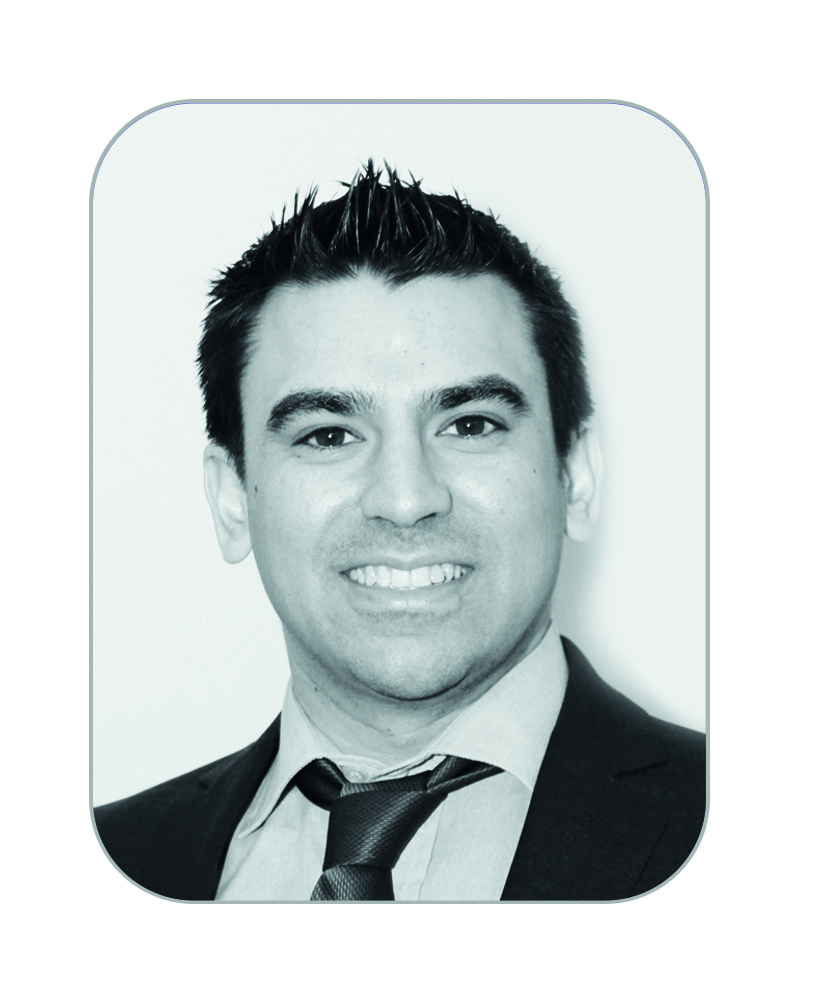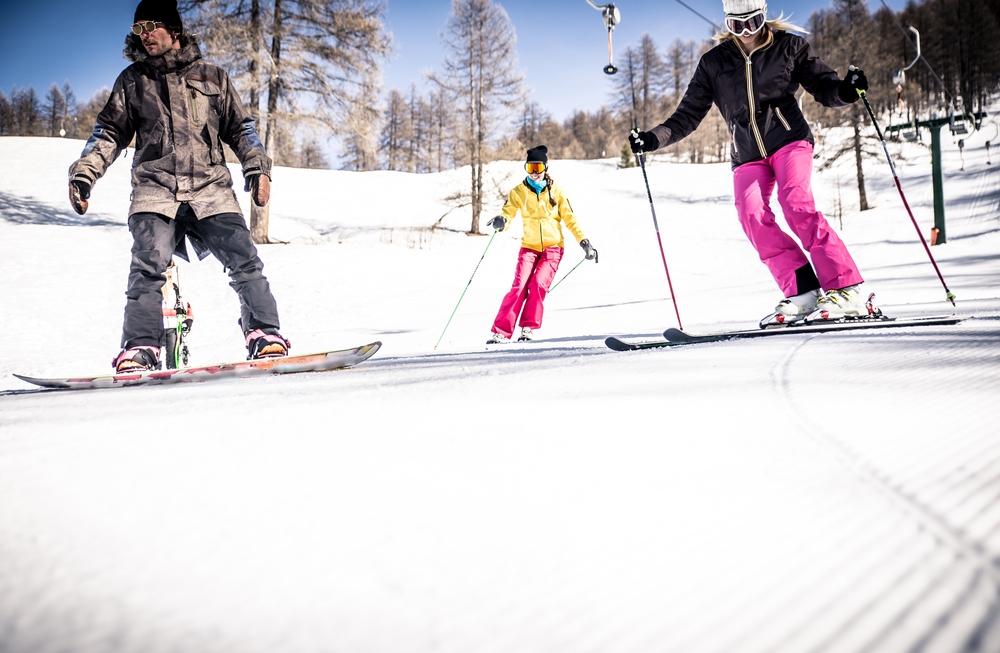The slippery slope to dental trauma Neil Photay – CosTech
Featured Products Promotional FeaturesPosted by: Dental Design 18th December 2018


For many people ski season is the highlight of the year. Spanning from November to April, these months offer the perfect conditions for people to pack up their things, book themselves into a beautiful log cabin and hit the slopes for some skiing and snowboarding.
But alongside the countless thermals, snow boots, woolly hats and other cold weather essentials, how many people do you think remember to bring a mouth guard? Both snowboarding and skiing present a high risk of dental trauma, and alerting patients to the dangers these sports present should be a primary concern at this time of year.
Millions hitting the slopes
Whether it’s for a long weekend away in the Alps or an extended holiday to one of the countless impeccable locations in Canada or Japan, it’s no understatement to say that skiing remains one of the most popular sporting activities in the world. According to a survey that measured how many people from each country in Europe go skiing each year, over 6 million British people bundle up to hit the slopes each annum, ranking us only behind Germany and France in numbers and proving that the sport remains one of our favourite pastimes.[i]
Furthermore, despite concerns over the fact that skiing has a steadily aging demographic and that this may mean a decline in the industry as a whole,[ii]it seems that this is far from the case, and the number of holidays to countries such as Austria during ski season continue to rise.[iii]
So what’s the danger?
The problem with both skiing and snowboarding alike is that they are sports where tumbles and high-speed collisions can easily occur. Anyone who has tried either sport will know that when you start out controlling yourself certainly isn’t easy, and even more advanced skiers and boarders will still have the odd tumble. These are especially dangerous on more advanced courses such as black runs and expert orange courses as these are steep and often have obstacles to contend with too.
Collisions with other skiers are also not uncommon, and one research group found that such incidences were the cause of injuries on the slopes. Other common reasons included people hitting obstacles and individuals hitting themselves with their own equipment.[iv]
Both falls and collisions carry the risk of dental trauma – injuries that can range from cut lips and fractured teeth to total avulsion. In a study that evaluated the type of facial injuries caused by skiing and snowboarding, it was found that 40% of people suffered from dental specific injuries, with 5% of these resulting in teeth being fully avulsed.[v]Although this may not sound like a particularly high percentage, if you apply this to the amount of people who go skiing every year it still suggests that thousands of people will end up with avulsed teeth every ski season.
What’s especially concerning is that many of these injuries take place even when the participants are wearing protective equipment. One research paper found that 67% of people wore helmets and body protection when they sustained their injury,[vi]proving that these measures alone are not enough to prevent dental trauma.
Suggest a mouth guard
In light of this, it’s a good idea for dental professionals to suggest mouth guards to patients who are planning a ski trip this season. Mouth guards have been proven to help prevent and lessen the severity of all types of dental trauma. This is because they absorb the shock of impacts and disperse the forces, meaning that teeth are protected.[vii]Wearing mouth guards can help patients to avoid any unnecessary dental work, especially as replacing avulsed teeth could lead to expensive treatments such as dental implants.
Custom fabricated mouth guards are especially beneficial as they are tailored to the oral cavity of the individual and can therefore provide more effective, individualised protection. One particularly good option is Saber Protect from CosTech Dental laboratory. Completely bespoke to the individual, these mouth guards are also laminated and feature different thickness levels depending on what sport the patient takes part in, offering a more effective shield against dental trauma.
A must have for the season
Ski season is definitely a time to be enjoyed, so it’s more important than ever to suggest appropriate protection. By recommending a custom-made mouth guard you can help prevent your patients from experiencing traumatic dental injuries on the slopes, meaning they can slalom with style and without having to worry.
For more information about CosTech Dental Laboratory, please visit www.costech.co.ukor call 01474 320076
[i]Statista. Number of People Who Ski in Europe as of 2018, by country (in 1,000). Link: https://www.statista.com/statistics/660546/europe-number-of-people-skiing-by-country/ [Last accessed September 18].
[ii]BBC News. Is the Ski Industry on a Slippery Slope? Link: https://www.bbc.co.uk/news/business-42110566[Last accessed September 18].
[iii]Austria Statistics. Arrivals and Overnight Stays by type of Accommodation in Winter Season 2018. Link: file:///Users/writer/Downloads/arrivals_and_overnight_stays_by_type_of_accommodation_in_the_winterseason_.pdf[Last accessed September 18].
[iv]Gassner, R., Vasquez, J., Leja, W., Stainer, M. traumatic Dental Injuries And Alpine Skiing. Endod Dent Traumatol. 2000; 16(3): 122-7.
[v]Gassner, R., Vasquez, J., Leja, W., Stainer, M. traumatic Dental Injuries And Alpine Skiing. Endod Dent Traumatol. 2000; 16(3): 122-7.
[vi]Innerhofer, K., Krastl, G., Baumgartner, E., Filippi, A. Dental Trauma on Ski Slopes. Schweiz Monatsschr Zahnmed. 2013; 123(7-8): 655-9.
[vii]Green, J. The Role of Mouthguards in Preventing and reducing Sports-related Trauma. Prim Dent J. 2017; 6(2): 27-34.










